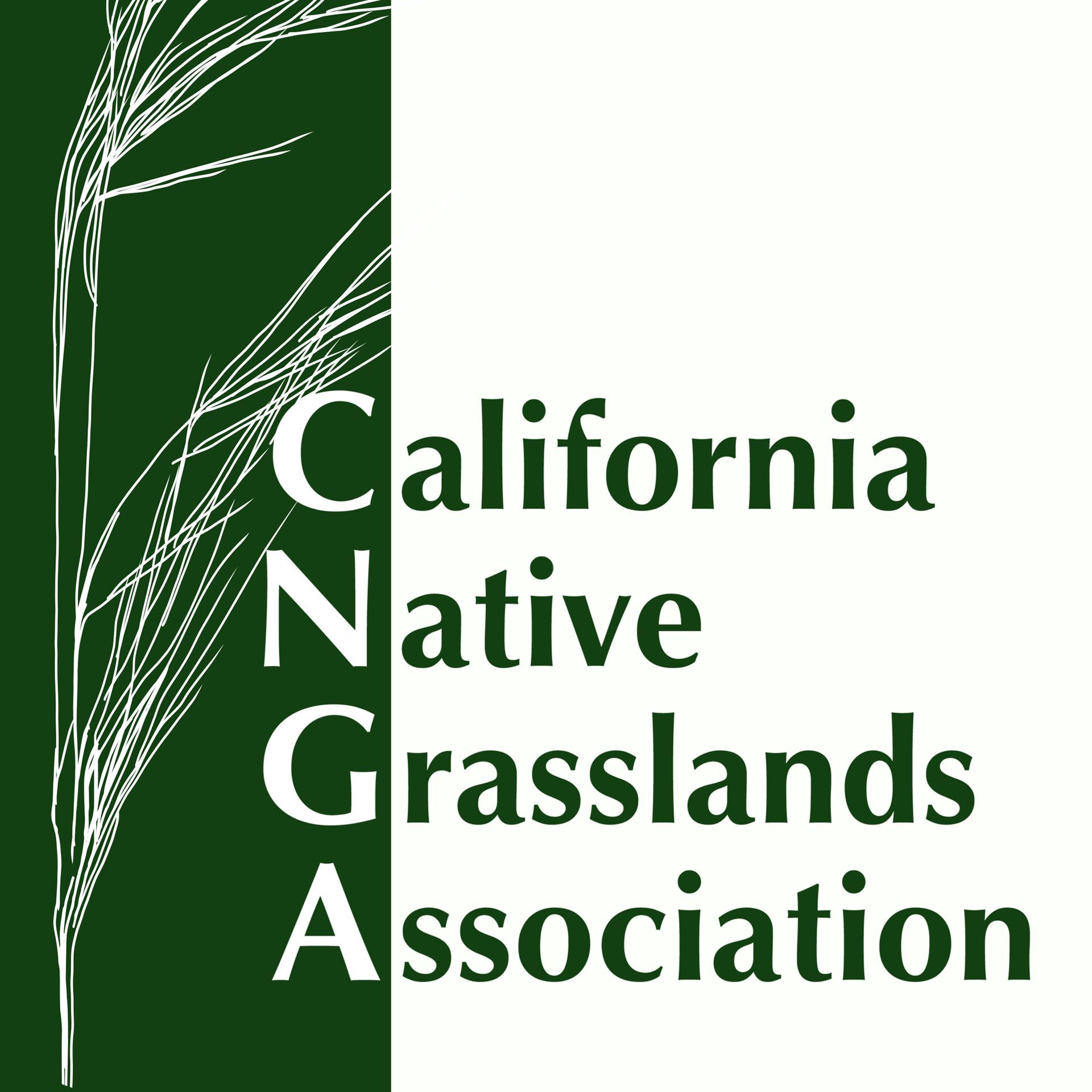California Native Grassland Association GRASS Award Speaker Series
Join us for this season's GRASS Speaker Series showcasing the amazing work undertaken in California Grasslands by some of our Grassland Research Awards for Student Scholarship Winners.
Talks are on Tuesdays from 6 PM - 7 PM PST featuring a one 40-minute talk, or one or two 20-minute talks, with time for Q&A.
Members: Free Non-Members: $10 Non-Member Students: Free with Student ID
Title: Carbon Flux Dynamics from a Coastal Grassland Disturbed by Wildfire
Speaker: Jessica Solis, Research Data Specialist
October 14, 2025 6:00 PM to 7:00 PM
Abstract: California’s coastal grasslands experience significant climatic variation influenced by topography and their proximity to the ocean. In these areas, advection fog modulates temperature, increases humidity, and provides supplemental moisture during droughts. This, in turn, affects vegetation productivity and microclimate dynamics. While the role of fog in ecosystem processes has been documented, its effects on carbon and water fluxes in fire-affected grasslands remain underexplored.
This study investigates the impact of fog and wildfire disturbance on carbon dioxide (CO₂) and water vapor (H₂O) exchange in coastal grassland ecosystems at Swanton Pacific Ranch in Santa Cruz County, California. By employing a comparative approach across a burned (upper terrace) and unburned (lower terrace) rangeland site, we utilized closed chamber gas exchange measurements, remote sensing to evaluate burn severity and vegetation greenness, passive fog collectors, and microclimate monitoring equipment to assess spatial variability in fog water inputs and ecosystem fluxes.
Our results indicate that the burned, higher-elevation site received greater fog deposition and exhibited increased vegetation productivity and gross primary production (GPP). Both sites functioned as carbon sinks throughout the field season, despite grazing activities and fire history. We observed that fog events were associated with reductions in GPP and net ecosystem exchange (NEE). A significant relationship between fog water input and NEE was identified, highlighting the role of fog in supporting post-fire vegetation recovery and overall ecosystem function.
These findings emphasize the importance of fog as a climate buffer in drought-prone coastal grasslands and its potential to enhance ecosystem resilience following wildfire. This research contributes to a deeper understanding of coastal micrometeorology's role in shaping carbon and water cycling and informs future land and fire management strategies in California’s coastal ecosystems.
Bio: I hold a B.S. in Environmental Science and a B.A. in Geography from San Francisco State University, where I also completed a Master’s degree in Geography with a focus on Resource Management and Environmental Planning. My graduate thesis explored post-fire recovery in grassland ecosystems influenced by coastal fog.
Before transitioning into environmental science, I worked for 12 years as a Registered Veterinary Technician specializing in emergency and critical care. I now work as a Research Data Specialist with CAL FIRE.
Contact Justin Luong (jluong4@ucsc.edu) with any questions.
CNGA GRASS Award Speaker Series 2025 Schedule (Tuesdays, 6 - 7 pm)
- September 9 - Katherine Brafford (UCD)
- September 16 - Andrea Nebhut (Stanford); Deborah Ayala (Texas A&M)
- October 7 - Ernesto Chavez-Velasco (Cal Poly Humboldt)
- October 14 - Jessica Solis (SFSU)
- October 21 - Sophie Noda (UCD)
- October 28 - Lauren Glevanik (UCLA)
Help Support Student Research - Donate to the GRASS Program
CNGA's GRASS Program:
- Focuses student research on important grassland-related questions.
- Inspires students to become more involved in California Grassland Conservation and Restoration.
- Trains future employees for your agency or company.
- Creates advocates for California Grasslands
Learn More About GRASS - Applications Accepted Nov 1 - Jan 31

